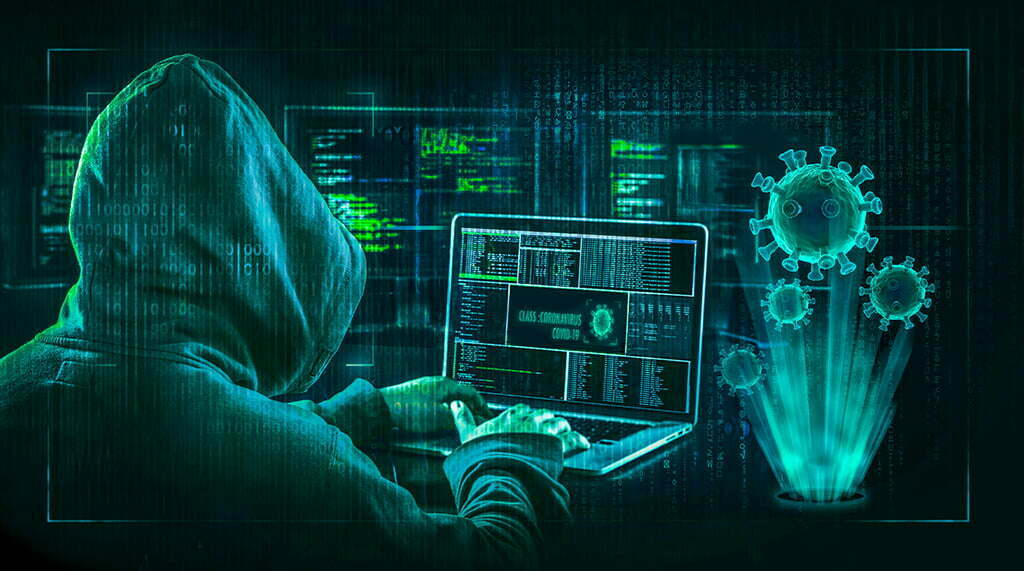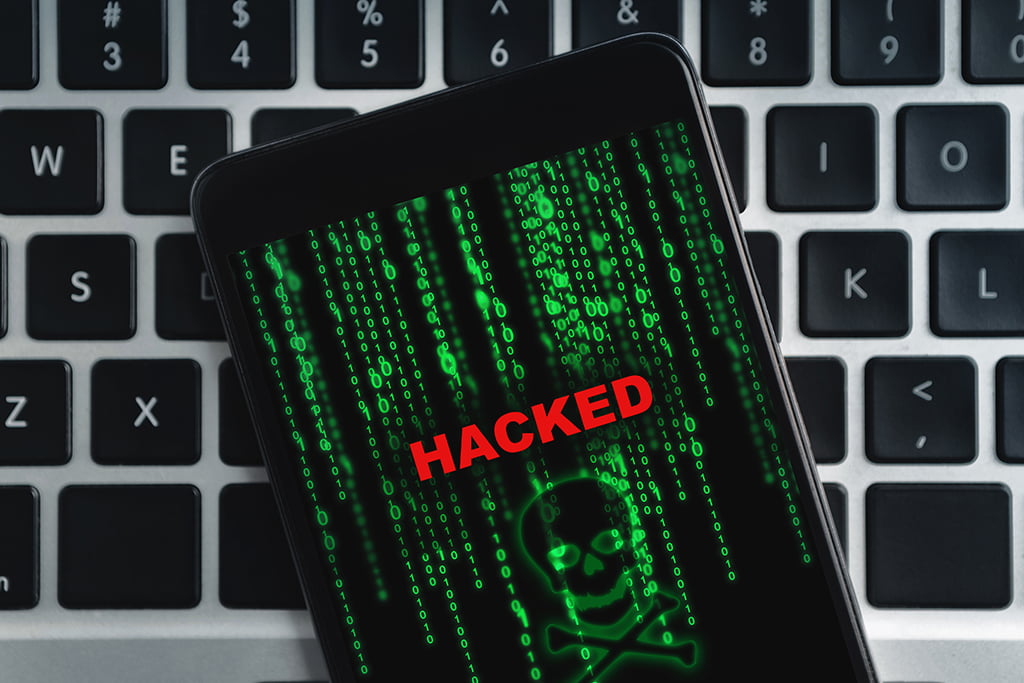Digital forensics, Incident Response and Hacking investigation

Digital Forensics and Incident Response DFIR
With the relentless continuing digitisation of our lives and vast availability of digital devices and smart appliances at home and in the office, the risk of getting hacked has vastly increased. Attackers will always try to gain access to your digital device or smart appliances for various reasons such as spying on you, stealing your personal data, monitoring and watching you either to gain leverage or make financial gain. Compromised business computers and smart appliances can leak extremely valuable information about company products, services, product designs, trade secrets, intellectual property and business intelligence. Rival businesses and foreign companies can benefit from all these leaks and as a consequence suffer substantial financial loss, competitvesness and reputational damage. Therefore the threat of hacking is always present and companies and private individuals must always be prepared to take measures to protect themselves.
In the unfortunate circumstance where a company or a private individual has been hacked, digital forensics and incident response teams can play a crucial part in identifying the hack by gathering information and responding to the attack. Digital forensic specialists involved in the incident response team, will be able to investigate the breach and prepare a report detailing the incident and its sources and practical measure on how to prevent such cyber security incidents from recurring.
What is DFIR and what are the practical steps a hacking investigator can take?

Computer Hacked and Security Breach
DFIR stands for Digital Forensics and Incident Response and is a field that combines elements of law enforcement, information technology, and security to investigate and respond to hacking, security incidents and crimes involving digital evidence. Digital forensics and incident response often involve the following course of actions which includes 2 stages:
Stage 1: Digital Forensics
- Data Collection: Obtaining digital evidence from various sources such as computer systems, networks, smart appliances, mobile phones and data storage devices.
- Data Preservation: Making exact copies of digital evidence to ensure the original data is not altered or damaged during the investigation.
- Data Analysis: Examining the collected data to identify relevant information and reconstruct events or actions.
- Documentation: Documenting the entire forensic process, from the methods of data collection and preservation to the findings of the analysis.
- Reporting: The results of the digital forensic examination are then reported in a clear and understandable manner, potentially for use in court proceedings. The report is usually a court-compatible document and presents all the digital evidence of the breach with timelining and expert analysis.
Stage 2: Incident Response
- Preparation: Creating an incident response plan, setting up necessary tools and systems, and training the response team.
- Identification: Detecting and acknowledging the security incident and explaining exactly what happened.
- Containment: Limiting the scope of the incident and prevent further damage white isolating critical devices, machinery and sensitive IT infrastructure including data stores such as databases.
- Eradication: Finding the root cause and origin of the incident and removing it.
- Recovery: After eradicating the incident, the affected systems and devices are restored to normal operations using backups systems.
- Lessons Learned: After the incident, the response team reviews what happened and how it was handled, with the goal of improving future response efforts.
The DFIR process is often cyclical, as lessons learned in one incident can lead to improvements in preparation for future incidents, thus continually improving the organisation’s security posture.
What can digital forensics specialists do when faced with an IT security incident?
-

Smart Phone Hacked: How To Investigate Mobile Hacking
Data recovery: They can recover deleted, encrypted, or damaged data. This can often provide crucial evidence or insight into the nature of the hack.
- Tracing and attribution: Through the analysis of digital footprints left by the hacker, digital forensic experts can help trace the source of the attack. This can involve IP addresses, log files, timestamps, and more.
- Analyze malware and RATS: If malicious software was used in the hack, a digital forensic specialist can dissect it to understand its functionality, origin, and purpose of malware and Remote Access Trojans (RATS) planted in the compromised systems.
- Timeline reconstruction: Forensic specialists can create a timeline of events leading up to, during, and after the breach. This can be instrumental in understanding the attacker’s actions and objectives.
- Preservation of evidence: It’s important to handle digital evidence properly to ensure it can be used in court if necessary. A digital forensics specialist knows how to preserve, document, and present digital evidence so it is admissible in a legal context.
- Advisory role: They can provide advice on improving cybersecurity measures, remediation strategies, and how to avoid future attacks.
- Provide expert testimony: In the event that a hacking case goes to court, a digital forensics specialist can provide expert testimony, explaining the technical details of the case in a way that judges, lawyers, and juries can understand.
- Investigate internal incidents: Not all cyberattacks come from outside an organisation. A digital forensic specialist can help determine if a hack was an inside job.
Computer Forensics Lab digital forensics specialist team can help organisations and businesses as well as private individuals whose computer systems and IT infrastructure have been compromised. You can call 02071646971 or use our secure digital forensics service inquiry form here.